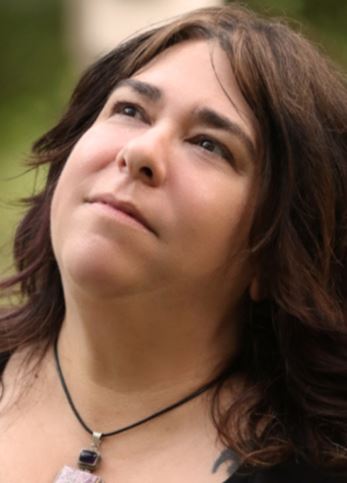Minding the Waves owner Laurie Hallihan is holding a free Introduction to Mindfulness class on Jan. 3 for anyone interested in learning more about how implementing mindfulness can change their response to stress.
Hallihan said the stress-response recognition changed her life about eight years ago, so much so that she has since started her practice.
“Mindfulness basically teaches us how to care for ourselves,” Hallihan said.
Hallihan, who trained at University of California, San Diego said she has held the full Introduction to Mindfulness series, which runs for eight weeks in two and a half-hour long sessions, six times now.
Each time, she tries to group no more than 10-14 students in each session “so that people get what they need” as well as holding small group sessions, one-on-one arrangements and offering mindfulness training to small business owners for their employees.
Throughout classes, she said “we might work on mindful breathing— different from the usual guided breathing meditation— and we spend time really paying attention to our thoughts and feelings, what’s happening in our bodies in a very intentional and non-judgemental way”.
Skills learned in the Introduction to Mindfulness class can help anyone eliminate obsessive thoughts that pop up in challenging situations, she said.
“If you can sort of catch things in the beginning stages and take a couple of breaths, you’re more likely to have an appropriate response to the situation” and break a chronic stress cycle, she said.
Mindfulness programs, she said, help people change their response so they are more patient, present and aware.
She had practiced meditation regularly for about 30 years when, about eight or nine years ago, she started having severe health issues that led her to a mindfulness program.
“What I noticed is when I added that class to my life, my reactions turned into responses; I began taking a moment to think about my responses rather than immediately putting myself into ‘fight or flight’ mode. Combining meditation and mindfulness changed how I viewed the chronic pain I was feeling. It changed everything,” Hallihan said.
While the COVID-19 pandemic temporarily put a stop to her in-person meetings, she said having to physically distance was an unexpected opportunity.
“One of my co-teachers is a professor at University of California, Irvine. We ended up holding classes on Zoom and it worked out so well.
It really opened up my ability to connect with people from anywhere, I’m now getting people from all over the country who ask about mindfulness. I even had a lady from England,” Hallihan said.
She recognizes some people might be hesitant to utilize an online application for something like mindfulness but says every comment she’s heard in feedback sessions has been about how people can’t believe they had a meaningful interaction over Zoom.
Realizing the approach might linger even after she is able to hold in-person sessions again, Hallihan said she is willing to hold Zoom tutorials for people before they start class so they are comfortable with interaction.
For more information on mindfulness and Hallihan’s courses, visit













